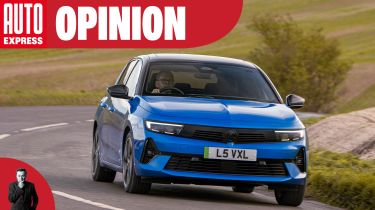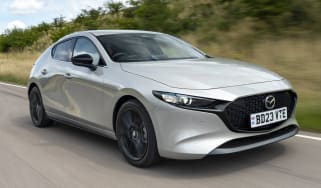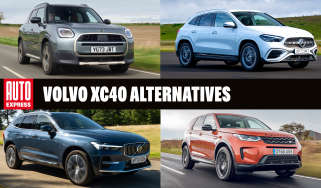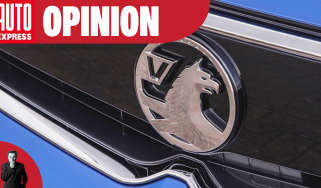Keeping electric cars within the £20k–£30k price range is key to their future success
Mike Rutherford thinks competitive pricing is vital if EVs are going to become more popular in the coming years

I’ve always considered new car discounts to be obligatory. The clue is in the title of the ‘recommended retail price’ – a figure that’s merely being suggested to you, the potential car buyer. It’s for guidance only. Think of it as the manufacturer’s approximate retail value for the factory-fresh product you’re considering. The RRP is the price you’re being urged – not forced – to pay. So unless you’ve got money to burn, don’t pay it.
It’s against this background that I argue a discount on a new car is essential – especially if it’s the type of product that’s struggling to sell (an overpriced electric car, for example). If the retailer you’re dealing with won’t talk and do discounts, walk away and find a rival that will. There are plenty out there.
And some apply price cuts before you even request them. Discounting used to be a taboo word in the trade, but not any longer. Especially when it comes to EVs. Even the Society of Motor Manufacturers and Traders accepts that there’s been “unprecedented, heavy or massive” EV price-cutting over the last month.
“We calculate that manufacturers are on course to spend at least £2billion on discounting EVs this year,” the organisation adds.
As EVs became more affordable in September, sales grew, but not by as much as might be expected. Of the 275,000 cars bought last month, only 56,000 were pure EVs. And the fuller, January–September sales trend reveals that three-quarters of paying customers purchased pure-petrol or hybrid cars. Fewer than two in every 10 buyers have gone for 100-per cent EVs this year.
The huge imbalance remains: 82 per cent of new cars bought in 2024 have petrol or diesel tanks, thereby continuing to put EVs on the fringe, despite price-slashing designed to make them more mainstream. The cars with the biggest percentage growth by far this year are plug-in hybrids, followed by regular hybrids, then those struggling pure-EVs.
The top three car sellers are Volkswagen, Audi and BMW. But Kia has overtaken Ford (who’d have imagined such a thing five years ago?), then come Nissan, Mercedes, Toyota, Hyundai and Vauxhall, which has just done the right and brave thing by introducing huge, no-nonsense price cuts across its Corsa and Astra EV ranges. Plus it’s promoting and selling the new Frontera EV from £23,495 – an identical price to the hybrid version. Keeping the RRPs of real-world EVs within this £20k–£30k window is the key.
As is a requirement for every EV owner to have access to a personal or ‘community’ charger that sells electricity well below the rip-off prices some commercial charging points force customers to pay. The cars are good to great. The asking prices are dropping. The lousy EV infrastructure is now the weakest link.
Do you agree with Mike? Let us know your thoughts in the comments section...




